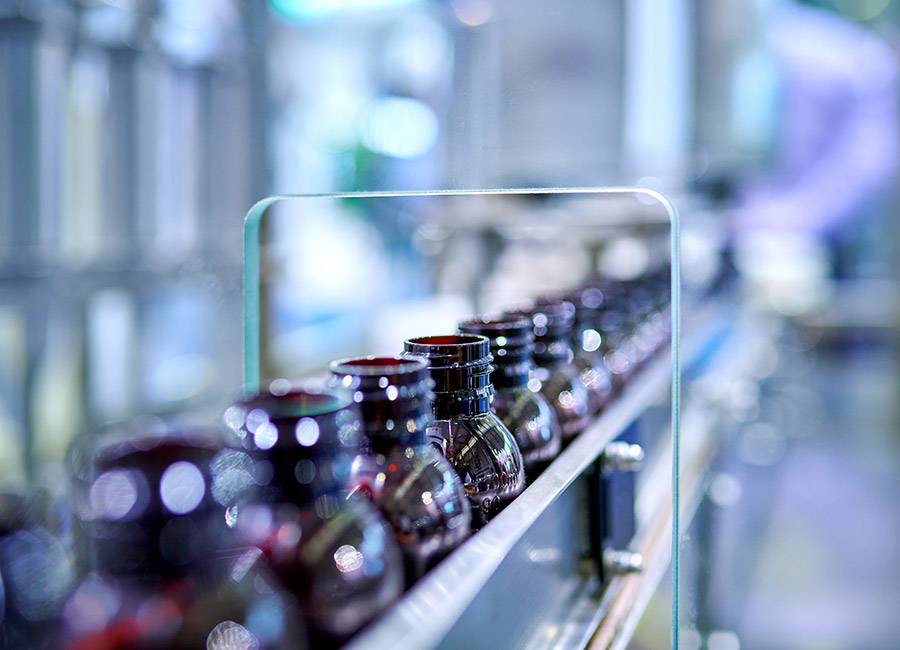Conditions in the Irish manufacturing sector improved for the first time in three months in January, the latest AIB Ireland manufacturing PMI has found.
The index saw fresh expansions in new orders and output, and confidence among panellists remained strongly optimistic, with many businesses planning to expand capacity in 2025.
Consequently, employment increased at a solid and accelerated pace, but purchasing activity continued to fall as a still subdued business environment and elevated inventories led to weaker input buying.
The seasonally adjusted AIB Ireland manufacturing PMI crossed the 50.0 no-change mark in increasing from 49.1 in December to 51.3 last month, representing a modest improvement in the health of the manufacturing sector.
“The AIB Irish Manufacturing PMI indicated that the sector started the year on a firmer footing, with the index rising to 51.3 from 49.1 in December," said David McNamara, chief economist at AIB.
"This marks the first monthly expansion since October. The rise in January was due to renewed growth in output and new orders. The Irish manufacturing PMI remains above the flash January readings for the Eurozone, US and UK at 46.1, 50.1 and 48.2, respectively."
New business rose fractionally following two months of contraction, and overall growth in new orders was weighed down by a continuing decline in new export sales, which have now fallen for a year straight.
Output was raised in response to an upturn in business. The rise in production followed a sharp contraction in the month prior. Increased output also allowed manufacturers to renew their accumulation of finished goods. However, holdings were only increased slightly in January.
Input buying for the second straight month, albeit at a softer pace, and reduced buying activity meant that goods producers based in Ireland dipped into their holdings of pre-production items to meet output requirements.
The rate of stock depletion was only slightly less pronounced than December's 11-month high.
Irish manufacturers continued to clear their backlogs for a third straight month in January, and levels of outstanding work were reduced at a solid pace, albeit a much weaker one than seen in December.
The sector recoded net job creation for the second successive month amid plans for expanded business capacity, and the latest uptick was the most pronounced since August.
Confidence levels across the industry held close to December's 15-month high and were historically elevated. Underlying data showed that around 46% of respondents anticipate a rise in production volumes in the coming 12 months compared to the 6% that predict a reduction.
Cost burdens rose at a sharp and accelerated pace at the beginning of the year, with the rate of input inflation quickening for a second successive month to the fastest rate since July.

General price hikes and increased charges for raw materials were said to have driven up operating costs for Irish goods producers.
"Respondents noted demand was strong enough to offset price hikes on the input side relating to raw materials with higher prices for customers. Irish manufacturers maintained an upbeat assessment of the outlook for activity levels over the coming year," said McNamara.
(Pic: Getty Images)











